Training Programme
Every semester, the Centre for Digital Humanities presents a new Training Programme with workshops, courses and lectures. All CDH events are free and require a relatively small time investment, and most workshops are at entry-level.
For whom?
All staff members and students of the Faculty of Humanities at Utrecht University (UU) are warmly invited to register for our free events. UU staff from other faculties are also welcome to participate in most activities. Parts of our programme – particularly the lecture series – are open to all who are interested. Please check the event-specific details in the training calendar to see what applies to each activity.
Registration
You can find registration forms at the bottom of every event page. Please register early to secure your place, as spots are allocated on a first-come, first-served basis.
Our CDH team looks forward to meeting you in our workshops, lectures, other events and weekly Digital Humanities walk-in hours!
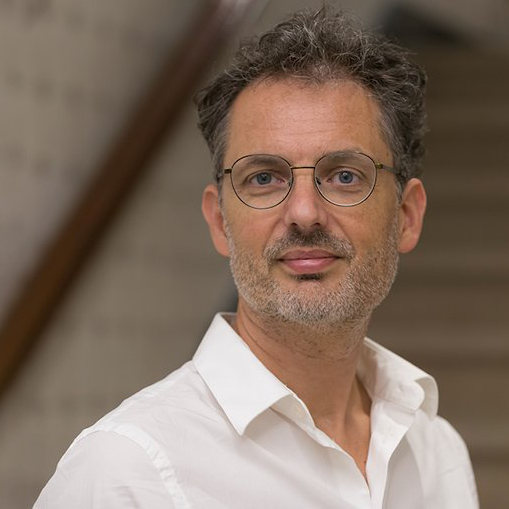
Lecture + demo: Olifant – An efficient, explainable, and eco-friendly approach to Large Language Modeling
In this online lecture and accompanying demo, Antal van den Bosch will demonstrate Olifant, a recently revived language model that offers an energy-efficient alternative to Large Language Models (LLMs). Participants are welcome to join the lecture and/or the demo. Olifant is an efficient and eco-friendly alternative to deep neural network-based language modelling. It is not […] Read more

AI in education workshop B: Re-visioning assignments and assessments
Do you have an assignment or assessment component in one of your courses that just isn’t working anymore because of Generative AI? Are you looking for ways to meaningfully incorporate AI into your teaching – or to develop more ‘AI-resilient’ assessments? Bring your challenge! This Workshop B is a hands-on follow-up to AI in education […] Read more
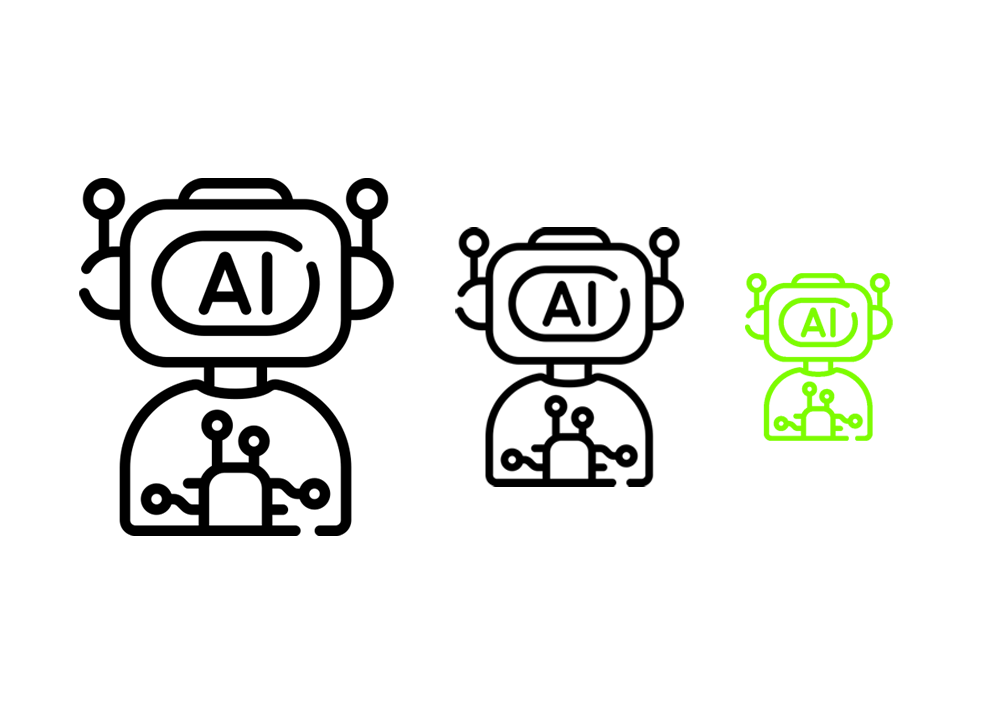
Workshop: How to Use a Local Small Language Model in Your Research without Losing Your Mind
Do you want to use a local GenAI on your laptop or PC for your research? Small language models (SLM) are compact alternatives to large language models, and they are ideal for handling specific tasks on your local devices. In this hands-on workshop, Maxigas, Jenny Chan, and Annette Markham (Media and Culture Studies) will show and teach you how to install and use SLMs for your research. […] Read more
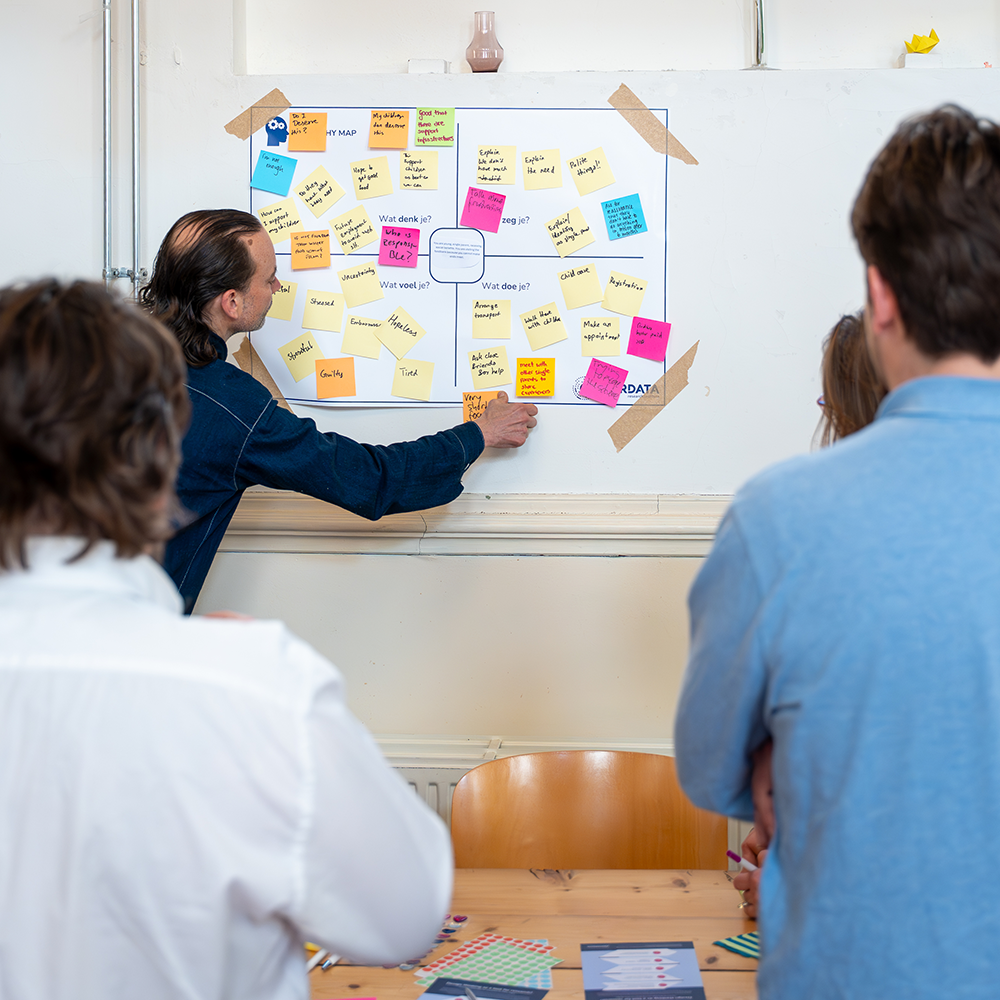
Walk-in consulting: Revising your course for AI resilience
Do you have an assignment or assessment component in one of your courses that just isn’t working anymore because of GenAI? Do you want to explore ways to meaningfully incorporate AI, or try to make your assessments more AI resilient? Bring your challenge! Combining theory from her Speculative futuremaking workshops with practical insights from her Re-visioning […] Read more
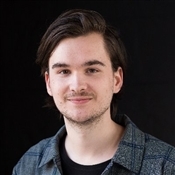
AI and Investigative Journalism: A Workshop on Extractive AI
How can journalists use Large Language Models (LLMs) in a reliable way? In this short online workshop, Joris Veerbeek introduces the basics of extractive AI, using LLMs to extract information from unstructured documents. Drawing on his investigative work for De Groene Amsterdammer, he demonstrates how these methods can support investigative journalism and other research. With the advent of generative […] Read more
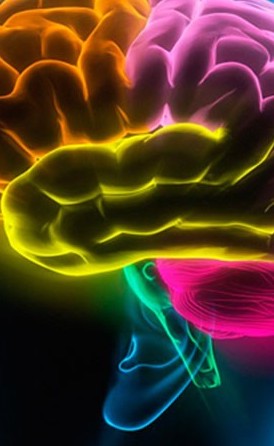
Cursusdag: Werken met SASTA: Semi-Automatische Spontane TaalAnalyse
NB: Deze workshop heeft het maximaal aantal deelnemers bereikt. Indien u zich op de wachtlijst wil laten plaatsen, kunt u mailen naar cdh@uu.nl. SASTA is een webapplicatie die clinici en onderzoekers helpt bij het uitvoeren van een spontane taalanalyse van taalsamples van kinderen met een normale taalontwikkeling of een taalontwikkelingsstoornis, en van personen met afasie. […] Read more

Lecture: Reclaiming digital autonomy at Dutch universities
Universities’ control over their own digital systems has declined sharply in recent years, as large technology companies determine the digital infrastructure. In this online lecture, professor Albert Meijer will argue for strengthening the collective digital autonomy of Dutch universities. In addition, Tim van Neerbos, lead enterprise architect, will show how Utrecht University is translating this […] Read more

Workshop: Entry-level Python course in four days
This entry level course in Python is tailored for humanities teachers, researchers, and students who want to learn the basics of this popular programming language. Over four full-day sessions, participants will learn to write simple programs using the most common structures. Led by the scientific developers of the CDH Research Software Lab, this hands-on training spans […] Read more
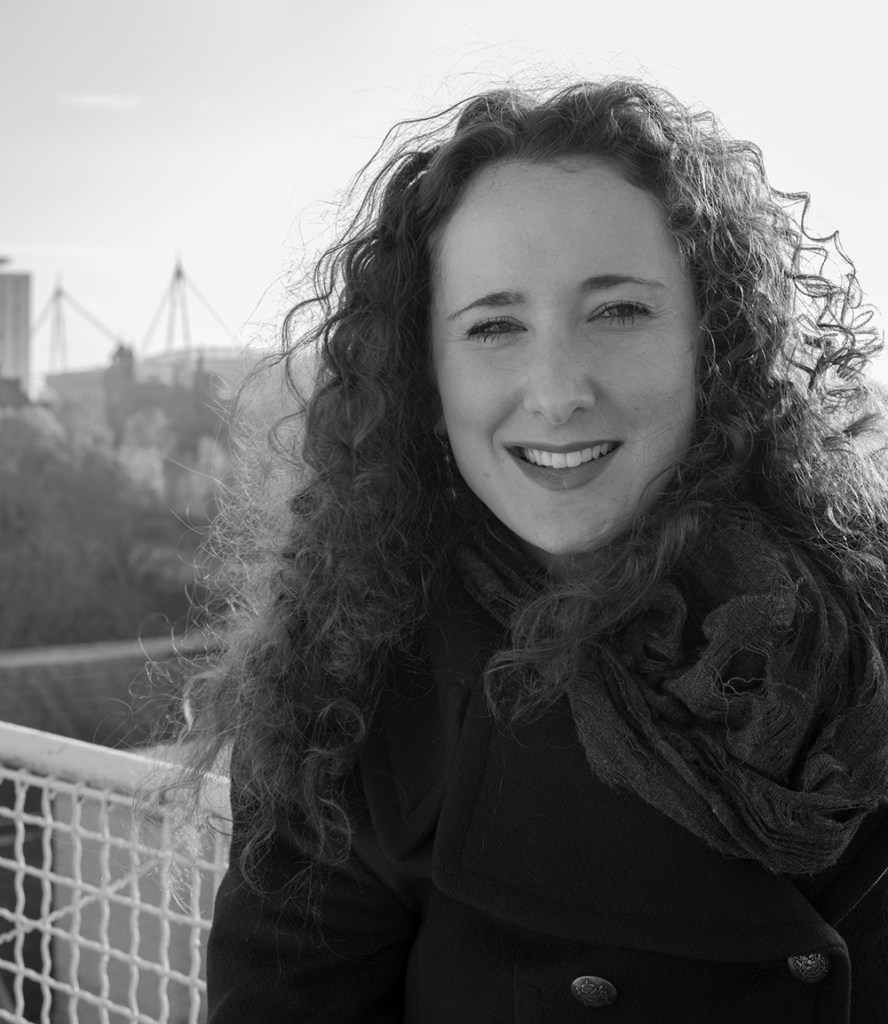
Lecture: From welfare to tenant state? State-tech relations in an age of AI
In this talk, Lina Dencik, professor in AI Justice at Goldsmiths, University of London, explores how we can make sense of state-tech relations in an age of platformisation and AI. While much has been said about data-driven governance and the technological features of platforms and AI, we still lack an adequate understanding of the wider context in which they operate and what this means for the role and transformations of the state. […] Read more
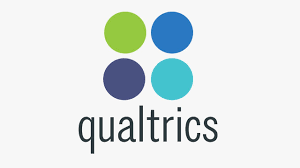
Workshop: Getting started with Qualtrics
This hands-on workshop is designed for researchers as well as advanced students who want to learn how to use Qualtrics (here for students) to manage their surveys and optimise their data collection. Across two interactive afternoon sessions, statistics advisor Kirsten Schutter and developer Tijmen Baarda will guide you step-by-step through the process of building a […] Read more
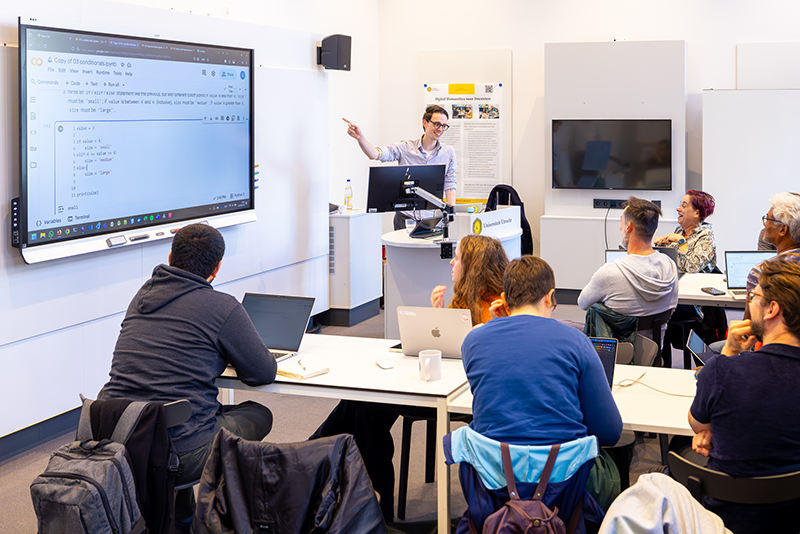
Research Software Summer School: Going beyond Notebooks
Have you started your coding journey, but want to move beyond Jupyter Notebooks? In this summer school, you will learn how to create and integrate software into your research by developing the foundational programming skills needed to be fully comfortable in the digital research domain. […] Read more

